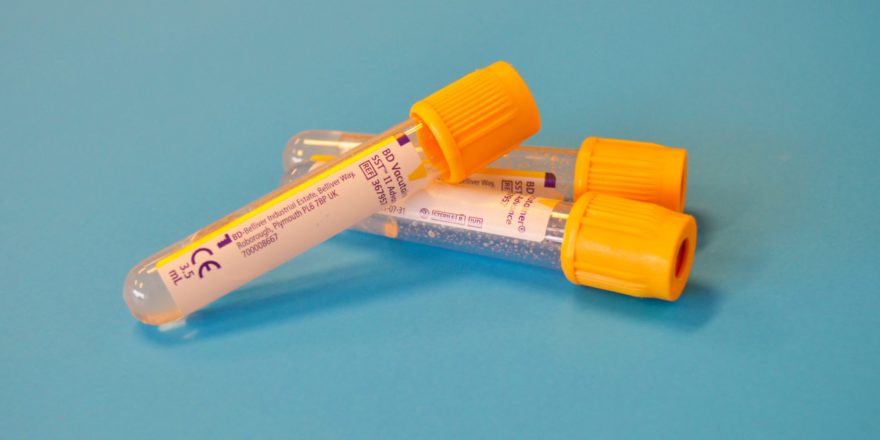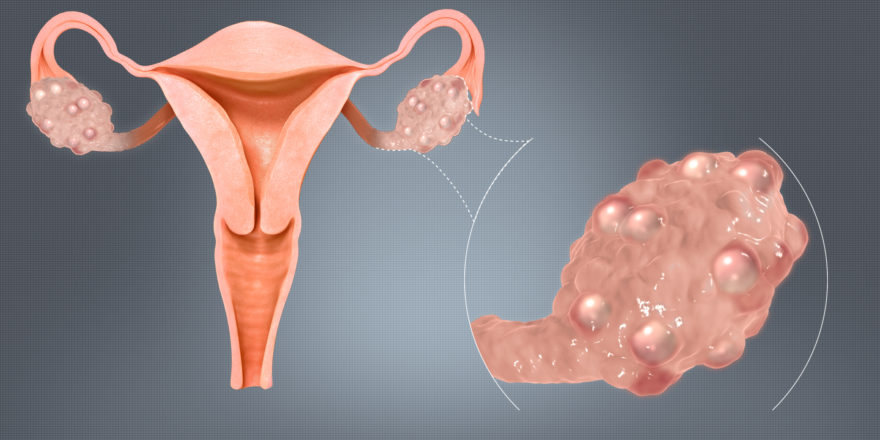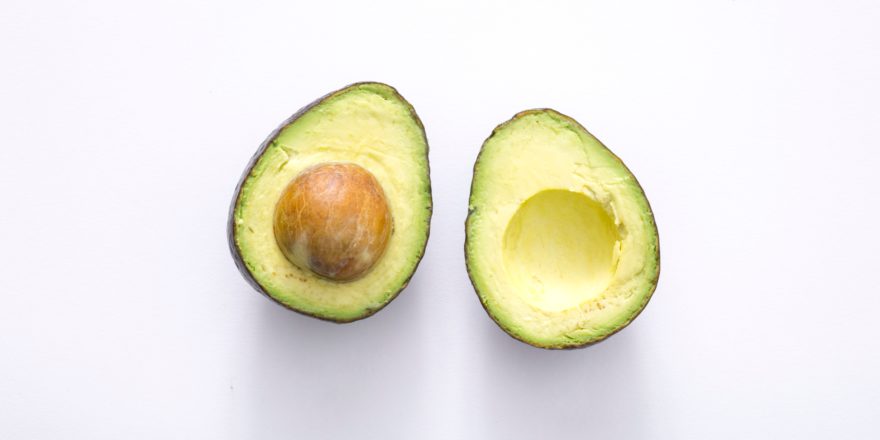Additional blood tests to rule out conditions often seen alongside PCOS and to find the cause of the condition is recommended. Blood tests are usually very accessible, and the five tests morefertile recommends are: Fasting glucose Fasting glucose (blood sugar) levels (or other tests for glucose intolerance and insulin resistance) are efficient...
Symptoms & Conditions
Polycystic ovary syndrome causes a range of symptoms because of abnormal hormone levels, including changes to menstrual cycle patterns and an increased risk of other health conditions. Hormones The crucial feature of PCOS is elevated androgens (male hormones), particularly testosterone. However, other hormones are involved in the condition, an...
Types of Polycystic Ovaries
There are different types of polycystic ovaries, and which type a woman has makes a huge difference to her chances of conceiving. Millions of women have polycystic ovaries, but they don’t all have fertility issues because it can be perfectly normal for them to have many large follicles in their ovaries (the “cysts”). The problem as far as con...
Diagnosis Criteria
The diagnosis of PCOS is a problem as more than one criteria are in use, and diagnosis rates vary significantly between them. The other issue is our understanding of PCOS has also changed considerably in the last five years, plus there are significant issues using the same criteria for adults and teenagers. Most clinicians use the Rotterdam Cr...
Diagnosis of PCOS
The diagnosis of polycystic ovary syndrome (PCOS) is based on the hormonal, structural and metabolic changes that drive the condition. However, there is a lot of confusion around the diagnosis, which isn’t helped by there being three internationally recognised diagnostic criteria being in use, with significantly different diagnosis rates...
Herbs & PCOS
Herbal medicine has been a central part of fertility treatments for centuries, and there are many herbal combinations known to improve ovulation rates. We’ve researched data on the use of herbal medicine for ovulation disorders and found the following published information: Personalised herbal combinations As the PFPs demonstrate, people have ...
Nutrition & PCOS
Nutrition is an excellent treatment option and provides practical ways to reverse the metabolic imbalances of PCOS. Exciting new research into the role of the microbiome is also opening up additional avenues for treatment. Inositols Inositols are DCI-IPG mediators that control sugar metabolism in cells by determining whether sugar that arrives...
Weight Loss & PCOS
Weight loss is the first line of treatment for the majority of women who have PCOS, and for overweight women with PCOS, reducing fat levels dramatically changes hormone balance and improves fertility and birth rates. Losing weight also reduces the chance of other health conditions, including diabetes, hypertension, high cholesterol and heart d...
PCOS & PFPs
PCOS has various causes, and the most successful way to reverse the condition depends on personal fertility dynamics. While many women with PCOS are Fluids PFPs, this isn’t universally true, and a wide range of factors affect women with the condition, and being specific makes all the difference to outcomes. PCOS can develop in a multitude of w...
Natural Treatments PCOS
Natural treatments for PCOS rely on rebalancing the metabolic and hormonal abnormalities that drive the condition. It’s worth remembering that about 30% of young women have polycystic ovaries (but not PCOS), their cycles are regular, and they have no fertility issues due to the polycystic ovaries. The challenges facing the majority of women w...








